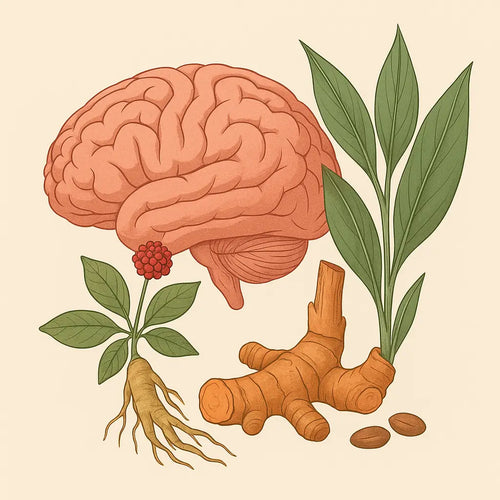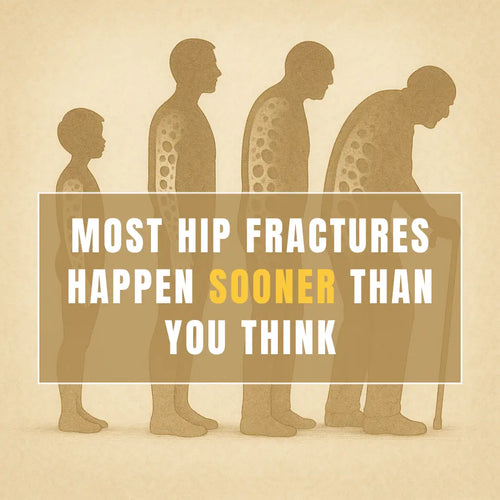Increasing evidence is now supporting the hypothesis that oxidized cholesterol is the driving force behind the development of Alzheimer’s disease and oxysterols, which are the oxidized form of cholesterol, are the link connecting the disease to altered cholesterol metabolism in the brain and to high cholesterol; this is because of the ability of oxysterols, unlike cholesterol, to cross the blood brain barrier (Gamba, et.al., 2015).

Oxidative stress is associated with neuroinflammation, and a vicious circle has been found to connect oxidative stress and inflammation in Alzheimer’s disease.
Analysis of published data shows that the levels of cholesterol are increased in people with mild cognitive impairment, and 24-hydroxycholesterol and 27-hydroxycholesterol are elevated in patients with Alzheimer’s disease and mild cognitive impairment compared to controls (Wang, et.al., 2016).
24-hydroxycholesterol and 27-hydroxycholesterol are types of oxysterols.
The following research found that study participants with mild cognitive impairment had significantly higher levels of 27-hydroxycholesterol when compared to participants with normal cognition (Liu Q, et.al., 2016).

It may look like taking statin drugs to lower cholesterol could be a solution to prevent memory loss later in life, but that does not work.
In this study the authors concluded that there is good evidence that statins given in late life to people at risk of vascular disease do not prevent cognitive decline or dementia (McGuinness B, et.al., 2016).
Dietary changes are a better choice.
This research indicated that adherence to the meditranean diet was associated with better cognitive performance and lower dementia rates (Anastasiou CA, et.al., 2017).
References:
Anastasiou CA, Yannakoulia M, Kosmidis MH, Dardiotis E, Hadjigeorgiou GM, Sakka P, Arampatzi X, Bougea A, Labropoulos I, Scarmeas N, Mediterranean diet and cognitive health: Initial results from the Hellenic Longitudinal Investigation of Ageing and Diet.PLoS One. 2017 Aug 1;12(8):e0182048.
Gamba P, Testa G, Gargiulo S, Staurenghi E, Poli G, Leonarduzzi G.Oxidized cholesterol as the driving force behind the development of Alzheimer’s disease.Front Aging Neurosci. 2015 Jun 19;7:119.
Liu Q, An Y, Yu H, Lu Y, Feng L, Wang C, Xiao R.Relationship between oxysterols and mild cognitive impairment in the elderly: a case-control study.Lipids Health Dis. 2016 Oct 10;15(1):177.
McGuinness B1, Craig D, Bullock R, Passmore P.Statins for the prevention of dementia. Cochrane Database Syst Rev. 2016 Jan 4;(1):CD003160.
Wang HL, Wang YY, Liu XG, Kuo SH, Liu N, Song QY, Wang MW.Cholesterol, 24-Hydroxycholesterol, and 27-Hydroxycholesterol as Surrogate Biomarkers in Cerebrospinal Fluid in Mild Cognitive Impairment and Alzheimer’s Disease: A Meta-Analysis.J Alzheimers Dis. 2016;51(1):45-55.

Check out our Learn to Eat Program.









